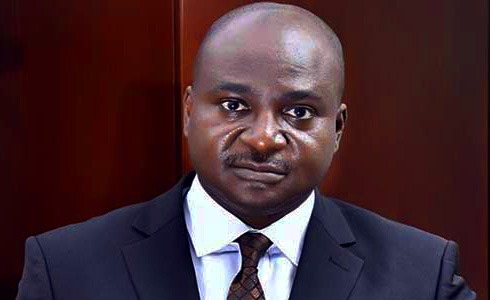Investigating security agencies have been tasked to always conduct proper investigation before subjecting a suspect to handcuff, except when such suspect make attempt to escape.
Delta State Attorney-General and Commissioner for Justice, Mr. Ekemejero Ohwovoriolehe, SAN, gave the charge in Asaba, the state capital while declaring open a one-day capacity building workshop on Effective Criminal Investigation by Investigating Agencies/Authorities under the Delta State Administration of Criminal Justice Law 2022.
Ohwovoriolehe who stated that prosecutors could lose a case due to little error emanating from poor investigation, said the agencies must come together to synergize on how to move the justice system forward.
The state Attorney General said the purpose of the training was to bring investigators up to speed with the new law, adding that security agencies, especially the police were very key in justice delivery.
He further called for improved direct interaction with his ministry and the security agencies, including the Department of State Services (DSS) and lawyers considering the bimonthly interface between his ministry and the police.
In his keynote address, Hon. Justice M. N Obi also harped on the importance of proper investigation before making arrest, insisting that such should be carried out in accordance with the law.
Obi, however, berated the manner in which police in some cases carry out mass arrests of innocent individuals that may not have committed any offence when the actual suspect must have escaped.
He said investigating agencies must be conversant with the provisions of the law that protected the right of both the suspect and complainant as he reminded them that record keeping was necessary for the purpose of proper documentation just as he said that electronic surveillance played critical role in high case evidences.
Earlier in their goodwill messages, the officer in charge of legal, Delta State Police Command, CSP Gladys Imegwu noted that police were often confronted with challenges where suspects did not have access to legal representation or support from the family or civil society groups.





